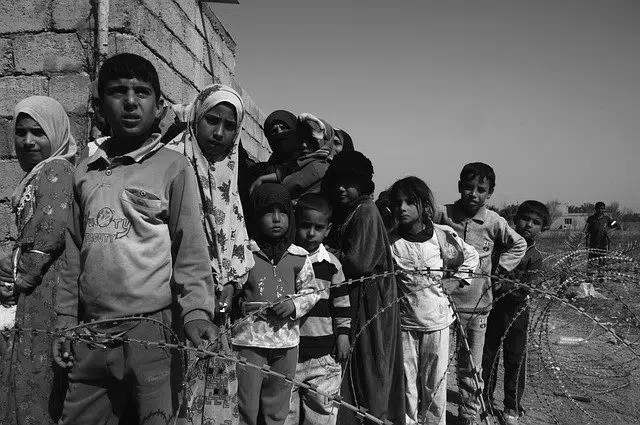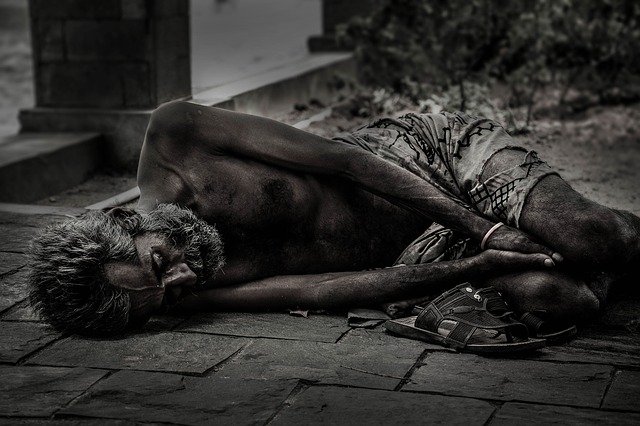
Children who grow up in refugee camps or war zones are at social risk.
What is social risk
Social risk is understood as the possibility that a person suffers harm that has its origin in a social cause. This means that social risk depends on the conditions of the environment that surrounds the individual.
Economic conditions, lack of access to education , family problems and environmental pollution are just some of the circumstances that can generate a social risk.
Community problem
Typically, social risk is considered with respect to a group of people. In a neighborhood with a high penetration of drugs and a high unemployment rate , residents will be at social risk. There are great possibilities that the combination of drug trafficking, addiction and lack of employment will lead to an increase in insecurity, with cases of robberies, murders, etc.
Social risk, in other words, supposes the existence of something that could result in a group of people being marginalized from society . If children in a community do not have access to schools, these minors are at social risk: they will grow up without the necessary training to integrate into the world of work and, therefore, they will not have the possibility of earning a living.

Social risk affects those who lack economic resources in different ways.
How to minimize social risk
Given the possibility that social risk exists in a population - something that is inevitable - it is necessary to take more than one measure, the two extremes being prevention and the search for solutions . The starting point of all research related to this topic should always be the child-rearing environment; Whether they live with their parents, relatives or legal guardians, precautions never seem to be enough, because abuse can occur - and does occur - in all areas.
For those children who have access to school education, teachers play a fundamental role in detecting any abnormal signs in their development , especially with regard to manifestations of physical or psychological aggression. As psychology has shown us on more than one occasion, the first years of life are crucial in our formation , and that is why it is so important to take care of the little ones to attack any social problem (although this does not mean that we should neglect to adults).
Adult care
Many times, social risk begins not with direct aggression, such as sexual abuse or physical abuse, but with negligence , and this can have worse consequences than any other type of damage. In childhood, human beings are very dependent on our elders, not only to feed us and protect us from the outside world, but to show us that our existence is important to them, that we were born in a place in which our presence makes a difference.
That said, for a risk to exist, a need must be neglected in the first place; Let's see below some of the basic physical-biological needs of people: food; hygiene; physical activity; healthcare; stimulation of the senses; emotional security. On the other hand, let's take a look at the corresponding situations that speak of a social risk: malnutrition or insufficient nutrition for age; parasites; immobility of the body and lack of activity; provoke symptoms, avoid vaccination campaigns and medical check-ups; lack of exposure to reading and writing; rejection.
